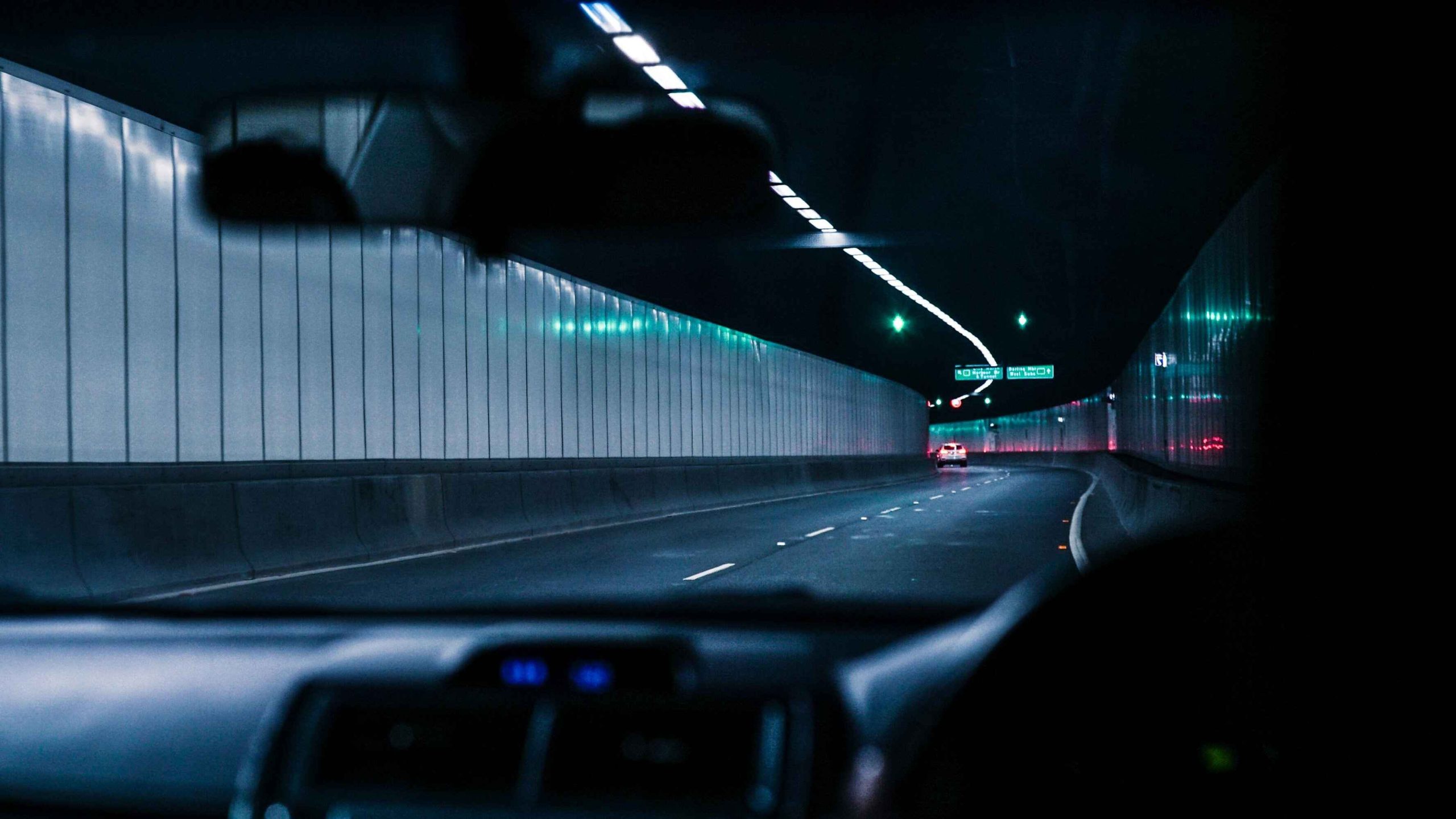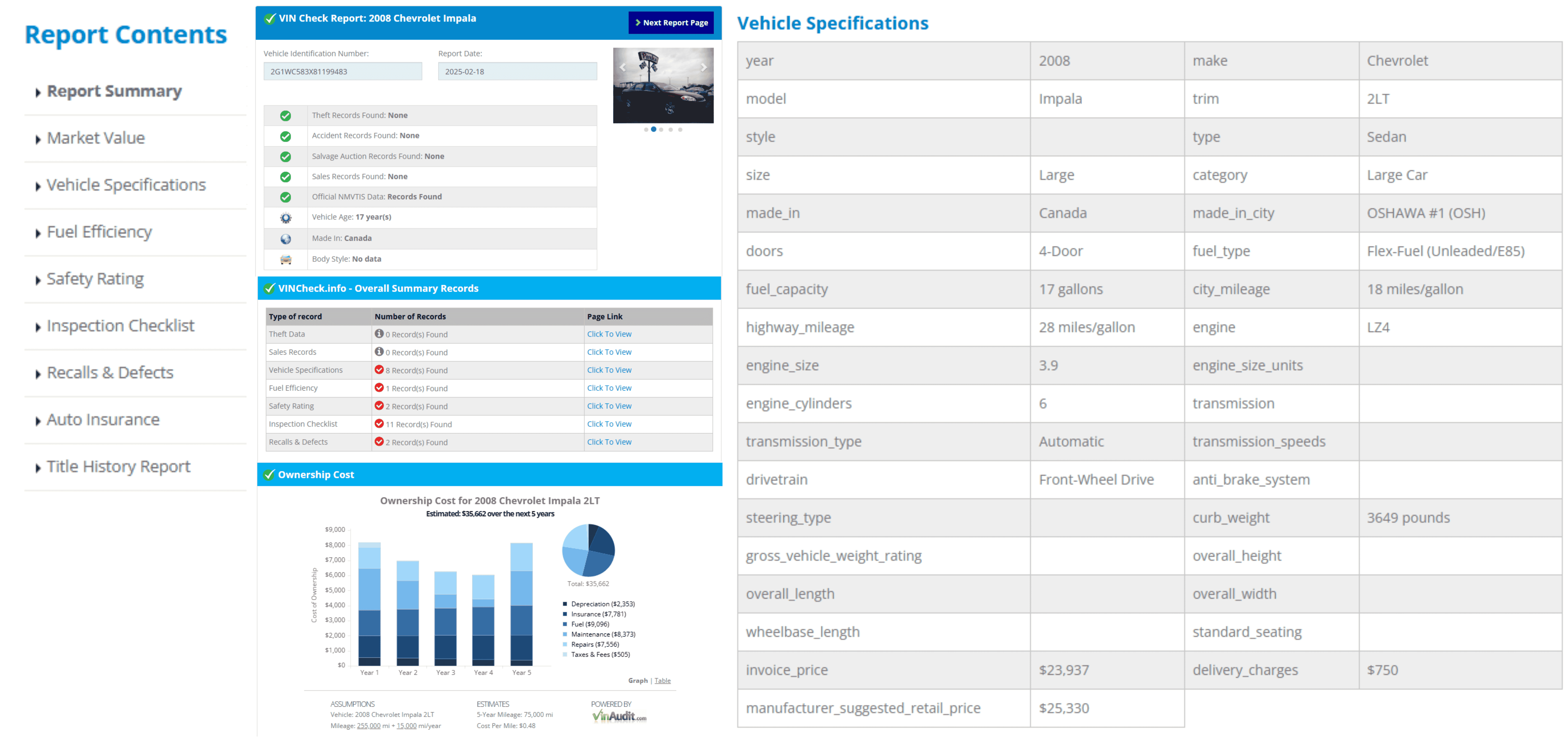
One of the biggest dangers of shopping for a used car is ending up with a stolen vehicle that has a cloned VIN. Vehicle Identification Number (VIN) cloning is a sophisticated scam that allows criminals to sell stolen cars under a false identity, making them appear legitimate. If you’re in the market for a used vehicle, understanding VIN cloning and how to protect yourself is essential.
What is VIN Cloning?
VIN cloning is a sneaky car scam where thieves take the VIN from a legit car and stick it on a stolen one of the same make and model. This way, they can sell the stolen car without raising suspicion.
Every car has a unique 17-character VIN, but if buyers don’t check the vehicle’s history, they might not realize they’re buying a stolen ride. The scam often isn’t discovered until the real owner reports their car stolen. And this leaves the unsuspecting buyer stuck with a car they can’t legally keep.
How Thieves Create Fake VINs
Car thieves have all sorts of tricks to create fake VINs and make stolen cars look legit. Here are some of the main ways they do it:
- Stealing a Real VIN – Thieves walk around parking lots or dealerships, jot down a VIN from a similar car, and stick it onto a stolen one.
- Faking Paperwork – They create fake titles, registrations, and inspection documents to match the stolen car’s new (but totally fake) identity.
- Altering VIN Plates – Some criminals physically change or swap the VIN plate to make a stolen car look legit.
- Using Scrapped Car VINs – They take VINs from totaled or junked cars and use them to cover up a stolen vehicle’s real history.
- Mixing Parts from Different Cars – By using stolen parts and a fake VIN, they make it harder to trace where the car came from.
- Making Up a New VIN – Instead of stealing a real number, some just make one up that looks legit but doesn’t match any real car.
Fake VIN scams can lead to big headaches for car buyers, so always check a vehicle’s history before purchasing!
How to Detect a Cloned VIN
A cloned VIN can spell big trouble, so here’s how to catch the signs before you buy:
Seller Seems Shady
A real seller should have a legit title, service records, and registration. If they make excuses, walk away. If they won’t share their ID, insist on cash-only, or avoid answering questions, that’s a bad sign.
VIN Doesn’t Match Up
Check the VIN on the dashboard, door frame, and all documents. If they don’t match, something’s off.
Signs of Tampering
Check the VIN plate for scratches, mismatched rivets, or odd fonts—these are clues that someone messed with it.
Sketchy Vehicle History
Missing records or weird gaps in history? Could be a stolen car.
Multiple Transfer
Multiple recent transfers? That’s a red flag for fraud.
VIN Report Shows Multiple Listings
If the same VIN pops up in different locations, it’s likely cloned.
Price Too Good to Be True
If it’s way cheaper than similar cars, be suspicious. Stolen cars with fake VINs are often sold for less to move fast. Check resources like KBB and J.D. Power to estimate a car’s value.
Get It Verified
Take the VIN to a dealership or local law enforcement. They can confirm if it’s real or fake.
Best Sources to Check VIN History
Before purchasing a used car, always run a VIN check to uncover hidden problems like salvage titles, odometer fraud, or VIN cloning. Here are the best sources for car background checks:
- Get a Vehicle History Report: Sites like VinCheck.info, NMVTIS, and other car report services can give you tons of useful details about a vehicle’s history.
- Check with the DMV: The Department of Motor Vehicles (DMV) can provide a title history and flag any issues.
- Ask the Police: Your local police department can verify if a vehicle is reported stolen.
- Get a Mechanic’s Opinion: A pre-purchase inspection can reveal hidden damage or past repairs that don’t show up in reports.
💡Pro Tip: Always compare multiple VIN check sources to get the most accurate vehicle history before buying!
What VinCheck.info Offers: A Free, Complete Vehicle History Report

VinCheck.info goes beyond basic checks—it gives you a full vehicle history report at no cost. Here’s what you get:
- Damage Check: Finds out if the car has been in a flood, fire, or hailstorm.
- Title History: See past titles and whether the car was marked as salvage or rebuilt.
- Basic Car Info: Includes the make, model, and when it was made.
- Vehicle Specs: Lists engine type, transmission, and other key details.
- Warranty Info: Tells you if the car is still under a manufacturer or extended warranty.
- Insurance Estimates: Helps you understand possible insurance costs.
- Sales History: Shows when and where the car was sold before.
- Market Value: Estimates how much the car is worth today.
- Ownership Costs: Gives an idea of fuel, maintenance, and repair expenses.
- Recalls & Defects: Alerts you to safety recalls or known problems.
- Theft Check: Finds out if the car was ever stolen and recovered.
- Insurance Options: Provides insights into possible coverage plans.
- Loan & Lien Check: Tells you if there are unpaid loans attached to the car.
- Safety Ratings: Shows crash test results and safety scores from NHTSA and IIHS.
This free report helps you make a smarter, safer car-buying decision.